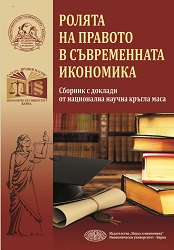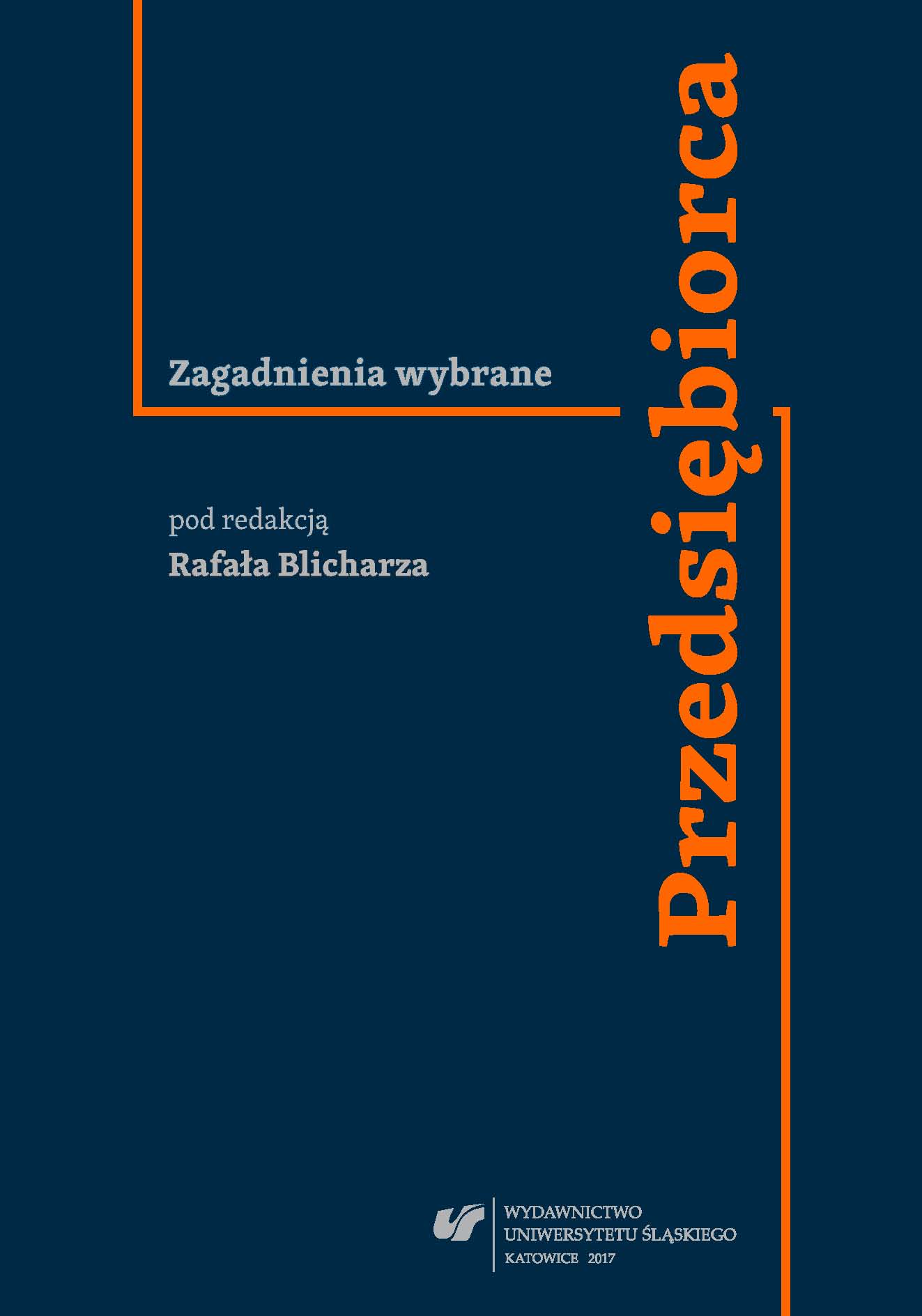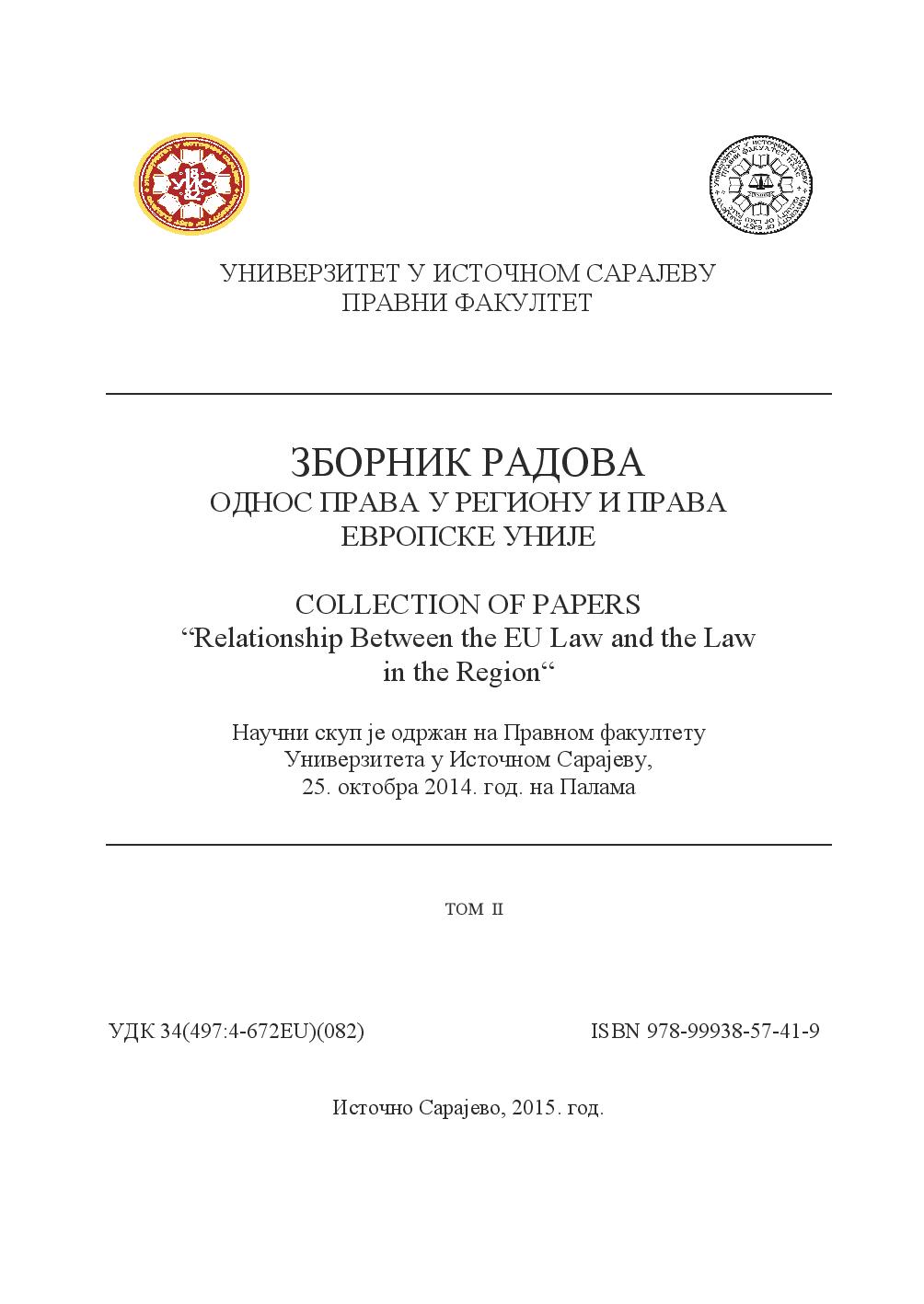
Обществените поръчки – законодателен механизъм за правомерно разходване на публични средства
The report analyzes the public procurement as a legal mechanism for the lawful spending of public funds. The accent is on the main principles in the Public procurement act, regulating their conducting according to the law – equality and non-admittance of discrimination, free competition, proportionality, publicity and transparency. On base of the analysis are made conclusions, marked actual problems and contemporary tendencies.
More...

